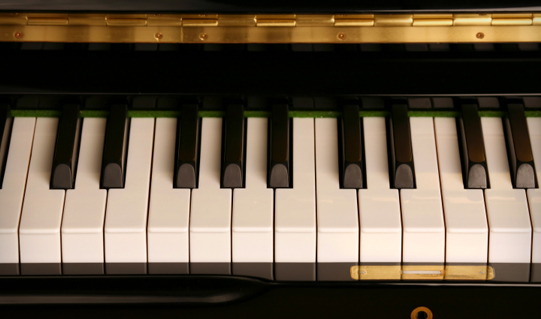703-451-2624
301-839-3181
Piano Tuning
Piano Repairing
Action Regulations
Action Rebuilding
Voicing Work
Piano Rebuilding
Piano Refinishing
FAQs about my Piano Tuning Service
Copyright 2012: Tucker’s Piano Service | Piano Tuning and Repair |
All Rights Reserved. 703-451-2624
FAQ
How often should I have my piano tuned?
Piano tuning in Northern Virginia and piano tuning in Maryland should be done at least once or twice a year to maintain standard pitch.
Beginners don’t notice that the piano is going out of tune because they only play a couple notes at a time. More advanced players are playing many notes and chords up and down the keyboard and will more readily notice the piano going out of tune. These players should tune their piano at least twice a year. People with a good ear for a piano going out of tune, such as professional pianists, piano teachers, and concert artists, might even receive piano tuning services more frequently. Concert and recording studio instruments are constantly tuned before rehearsals and performances.
Pianos mainly go out of tune with changing humidity and temperature levels throughout the year. Between summer and winter you may notice your piano going badly out of tune. Some pianos react more than others. The more you can do to minimize change in temperature and humidity around the piano, the better. With the right care, your piano tuning and repair will last longer.
How can I control the temperature and humidity?
Most homes, if air conditioned, don’t fluctuate in temperature throughout the year. Therefore, the humidity changes are the biggest problem for pianos. You can help by running humidifiers in the dry months and de-humidifiers with the air conditioner in the humid months. You may also install a climate control system on the piano that helps to control humidity right around the piano. I can provide more details about these systems for you during a phone call or appointment.
What is standard pitch?
International Standard Pitch is A-440. That means the A above middle C is tuned to 440 hertz. By tuning all instruments to this standard pitch they will all sound the same when that A is played. Pianos are also designed to this standard and sound their best when tuned to it. Over time, stretched out strings and humidity swings will cause the piano to go flat from that standard. Before the piano can be tuned, it will require a pitch raise.
What is a pitch raise?
When the piano has gone flat from standard pitch it must first be given a quick rough tuning to get it close to standard pitch. The flatter from standard pitch the piano is, the bigger the pitch raise that will be required. Smaller pitch raises can be done the same day as the tuning, but large pitch raises (close to a semi-tone or more) should sit for a few days or a week before tuning to allow the strings to settle and stretch. A second appointment will then be scheduled for the tuning.
My piano has been tuned but I still don’t like the way it sounds. What can I do?
Being in tune is only one aspect of the piano’s sound quality. Voicing work has to do with changing the tonal quality of the piano. The most common complaint is a very loud, tinny sounding piano. This can be voiced down to a quieter, mellow sound by softening the hammer felt. Inversely, a very quiet soft piano can be voiced up to a brighter sound. Voicing has to do more with personal taste and you and your technician can discuss how best to match your piano to the sound you desire. Hammers with deep grooves cut into them will also have a negative effect on the way the piano sounds. These groves will need to be removed from the hammer’s surface. This is called reshaping.
What is action regulation?
All the moving parts between the pressing of the key and the hammer striking the strings is called the piano action. Over time and use these parts get out of adjustment and require an action regulation to restore proper functioning. Sometimes only small adjustments are needed to one or a two notes and it can be done during a tuning. Pianos that have been regulated periodically might need only a partial regulation. A piano that has not been serviced for a long time, or ever, will need a complete action regulation. I can evaluate what your piano might need during our appointment.
Expert Service for over 30 years
Services We
Provide






